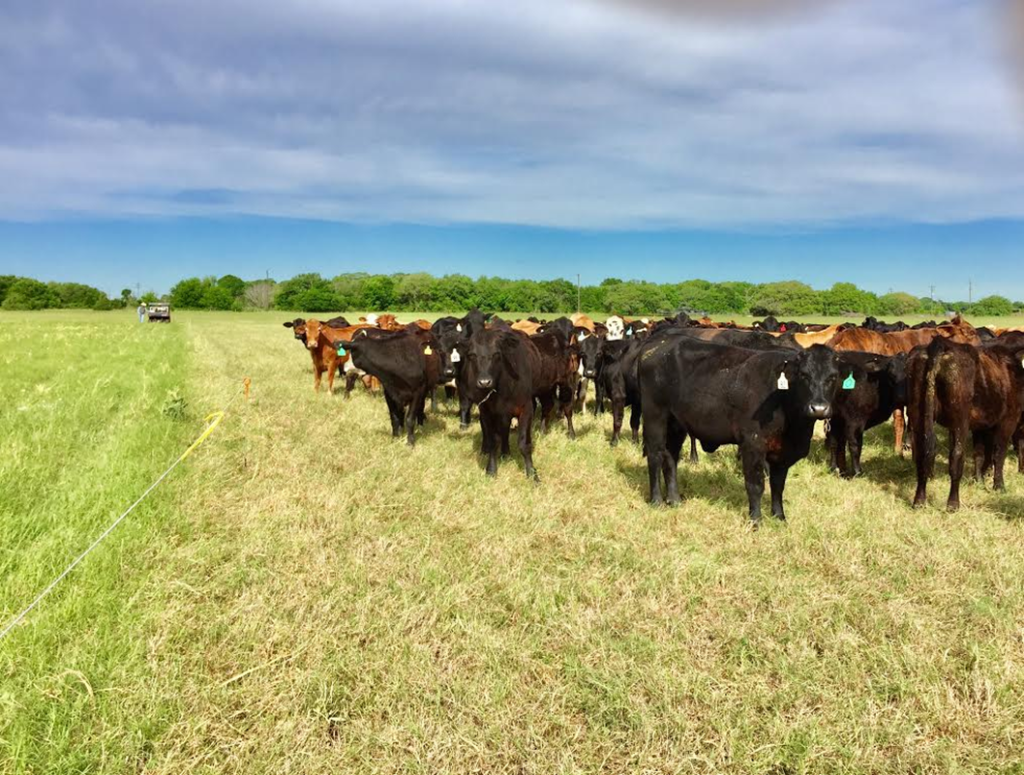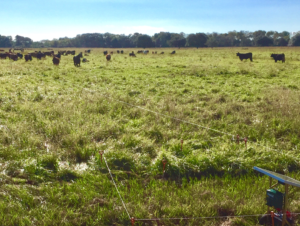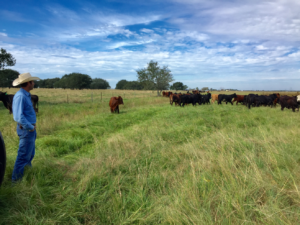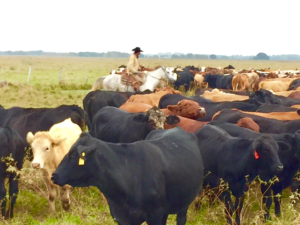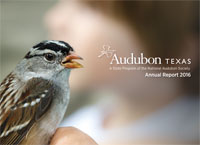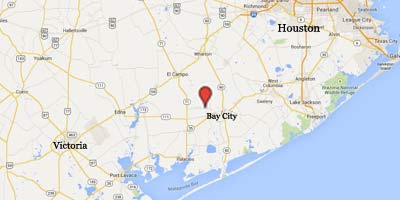Sneary Cattle’s Regenerative Grazing Practices Featured in Houston Chronicle
 Loading…
Loading…
About Windmill Farm’s Conservation Practices
Windmill Farms offers land stewardship and conservation consulting to landowners and ranchers who are seeking to improve their soil health while improving their profitability.
Landowners and ranchers are in the energy business.
We understand that in addition to producing beef cattle, our grazing lands are like our “solar panels” as they convert the power of the sun into grass and forage energy. When we improve the health of the soil, the efficiency of our solar panel is also improved which adds to our bottom line.
We use our livestock as a tool for manipulating the land to achieve desired outcomes like managing invasive plant species, increased biodiversity, and restoring riparian ecosystems (vegetation and habitat along our streams and rivers).
- Healthy soil produces more profit.
Windmill Farms uses an adaptive high stock density grazing (AHSD) program to build and rebuild the health of our grazing lands. With these Best Management Practices (BMP) we have found that the soil’s energy can be increased and soil improved which leads to additional profits.
In a short time we are experiencing increased plant diversity and soil fertility allowing for more photosynthesis which adds energy to the soil. Our grazing methods create more microbes, fungi and bacteria activity which leads to additional organic matter. Increased organic matter retains more rain water provides more nutrients to the vegetation.
We can help you improve the health of your soil and increase your profits.
- Increased carrying capacity.
Healthier soils lead to increased carrying capacity allowing fixed expenses to be spread over more animal units which adds to the operation’s profitability. We anticipate that we will double our carrying capacity within three years and possibly triple it within five. This is all being done on the same grazing lands our family has ranched and managed with traditional “set grazing” for three generations.
- Better than buying drought insurance
Additional organic matter allows forage to flourish and the soil to better retain water which reduces runoff into our river and streams. Reduced runoff allows the water to stay in the soil which is critical in times of drought.
- Adding Carbon is good.
Healthier soil and a diversified forage also adds additional carbon to the soil which reduces compaction, allows for a longer growing season and reduces CO2 levels in the atmosphere. Windmill Farms is engaged in efforts to monetize the carbon value of range land. Call us if you’d like to learn more.
Reducing runoff also means less nutrient loading and flooding of rivers and streams which can greatly benefit the bays, estuaries and the Gulf as well as nearby flood prone cities and rural areas.
- Additional benefits
In addition to healthier soil; deer, birds and other wildlife will prosper with these practices giving the operation additional profit opportunities.
- Cattle handle better and are less stressed
Because cattle are moved from paddock to paddock on a routine (often daily), they become much calmer and accustomed to the folks who are moving them. In fact, within just a few days cattle will actually move themselves. We have moved over 120 head more than a mile with just one horse and rider. Our grazing practices also allow for much better management because we see all animals on a routine basis which is much different from the traditional “set grazing” practices when it’s difficult or impossible to see every animal in a reasonable time.
- Long range implications
These management practices can also help reverse the alarming rate of topsoil loss. According to a recent Scientific American article, the U.S. is losing 10% more topsoil per year than can be produced! “Or put it this way, we lose $125 Billion worth of topsoil a year!” April 5, Scientific American
Click here to read “Changing Grazing to Restore Grasslands” to learn about Prairie & Grassland Conservation practices used at Windmill Hay Farms featured in the Audubon Texas Annual Report.
As good stewards of our grazing lands, shouldn’t we be a part of the solution while improving our bottom line?
To learn more give us a call at 979.240.3512
